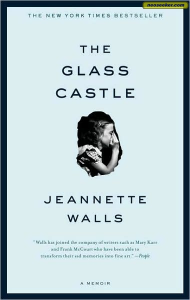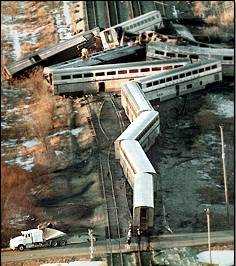 I’ve been talking about the idea of initiation as a framework for resiliency and there are great models of this in movies and literature. Let’s take one of my favorite examples, the 1977 movie Star Wars. Luke Skywalker is unwillingly separated from his village – his family and friends – by the evil Empire who murdered his aunt and uncle. His ordeal begins as he chooses to go with Obi Wan Kenobi and learn the ways of the Jedi. Near the end of the movie, the ordeal comes to a critical point where Luke must decide whether he will stay with his old ways or obey the soft command of the ghostly Obi Wan to “use The Force.” Luke decides to embrace the challenge to use The Force and ends up destroying the Empire’s Death Star and saving his new village of Rebel fighters. His homecoming not only celebrates the return of the hero, but also his new Gift of harnessing The Force. Luke’s burgeoning power and wisdom are great boons to his community.
I’ve been talking about the idea of initiation as a framework for resiliency and there are great models of this in movies and literature. Let’s take one of my favorite examples, the 1977 movie Star Wars. Luke Skywalker is unwillingly separated from his village – his family and friends – by the evil Empire who murdered his aunt and uncle. His ordeal begins as he chooses to go with Obi Wan Kenobi and learn the ways of the Jedi. Near the end of the movie, the ordeal comes to a critical point where Luke must decide whether he will stay with his old ways or obey the soft command of the ghostly Obi Wan to “use The Force.” Luke decides to embrace the challenge to use The Force and ends up destroying the Empire’s Death Star and saving his new village of Rebel fighters. His homecoming not only celebrates the return of the hero, but also his new Gift of harnessing The Force. Luke’s burgeoning power and wisdom are great boons to his community.
We find out in later movies that Luke’s initiatory experience helps him overcome more adversity as he continues his battle with the Empire and has the ultimate showdown with the evil Darth Vader. Had he not gone through his original initiation, Luke would not have acquired the gift of The Force and been able to overcome the Dark Side.
More recently, I have been astounded by Jeannette Walls’ story of  resiliency as told in her memoir The Glass Castle. Here we see a very long initiation experience throughout her childhood. The separation occurs very early as Jeannette was born to parents who were eccentric, to say the least. Her alcoholic father and artist-dreamer mother had little capacity to provide for their children, so the Walls’ siblings were often left to themselves to find the basic necessities of life such as food and clothing. This created a separation from the village of families, neighborhoods, schools, and other institutions that most of us grew up with.
resiliency as told in her memoir The Glass Castle. Here we see a very long initiation experience throughout her childhood. The separation occurs very early as Jeannette was born to parents who were eccentric, to say the least. Her alcoholic father and artist-dreamer mother had little capacity to provide for their children, so the Walls’ siblings were often left to themselves to find the basic necessities of life such as food and clothing. This created a separation from the village of families, neighborhoods, schools, and other institutions that most of us grew up with.
The ordeal lasts throughout her childhood as Jeannette and her brother and sister struggle to go to school, find food, and survive in the real world even as their parents exist in their own fantasy world.
One would think that Jeannette’s homecoming would occur when she is finally able to leave her parents and establish independence as an adult. But in actuality, it takes her many years, and the writing of her memoir before she is finally able to give herself a homecoming. Through her book, she celebrates the resiliency of herself and her siblings. The acclaim that accompanied the book completed the homecoming for her.
Takeaway points: Examples of the initiation framework for resiliency are everywhere in stories we read and movies we see. Both the fictional Luke Skywalker and memoirist Jeannette Walls are models of people who went through initiation and became more resilient in the process.
What are some of your favorite stories of initiation that you have seen or read?


 Often, though, our initiations entail periods of pain in our lives.
Often, though, our initiations entail periods of pain in our lives. 


